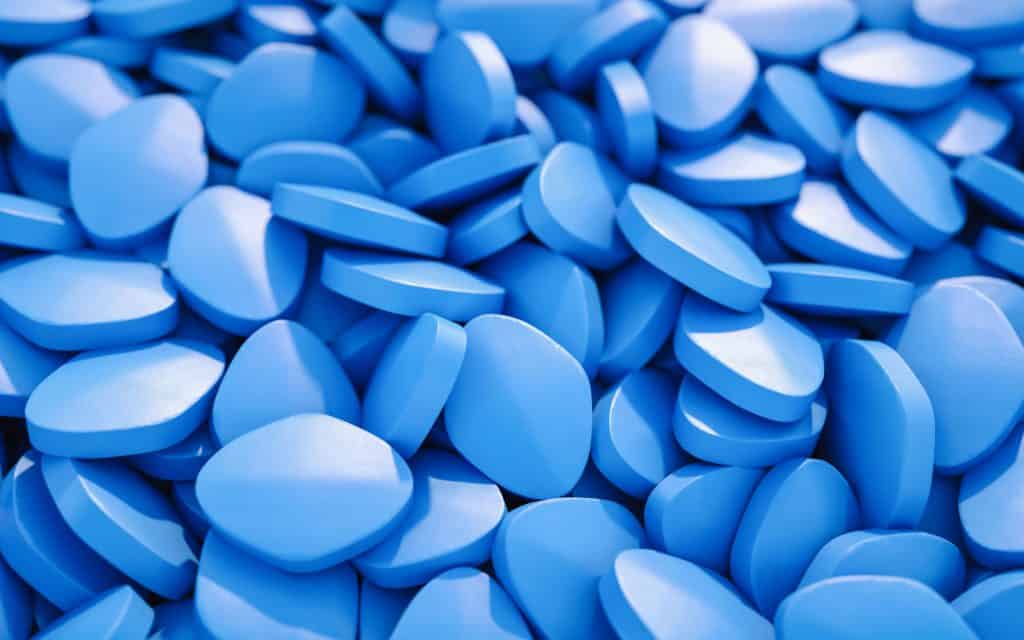Premature ejaculation (PE) is a common sexual concern that affects a significant number of men. It is characterized by the uncontrollable ejaculation that occurs either before or shortly after penetration, leading to distress and dissatisfaction. Fortunately, various treatment options exist, ranging from behavioral techniques to medications. If you are looking for some genuine ED treatment then must try super vidalista
Understanding Premature Ejaculation:
1. Definition and Classification:
Premature ejaculation is typically categorized into two types: lifelong (primary) and acquired (secondary). Lifelong PE occurs from the first sexual encounter, while acquired PE develops later in life after a period of normal sexual function. you can also try generic viagra online
2. Contributing Factors:
Multiple factors contribute to premature ejaculation, including psychological, biological, and environmental factors. Anxiety, performance pressure, hormonal imbalances, and relationship issues are among the common triggers.
3. Impact on Quality of Life:
Premature ejaculation can have a profound impact on a man’s self-esteem, relationships, and overall well-being. Addressing this concern is crucial for both physical and mental health.
Treatment Approaches:
4. Behavioral Techniques:
- The Start-Stop Technique: Involves stopping sexual activity before ejaculation and resuming after a brief pause.
- The Squeeze Technique: Requires the partner to squeeze the base of the penis to delay ejaculation.
5. Pelvic Floor Exercises:
- Strengthening pelvic floor muscles through exercises, known as Kegel exercises, can enhance ejaculatory control.
6. Psychological Counseling:
- Addressing underlying psychological factors, such as anxiety or performance issues, through counseling or therapy can be effective in managing premature ejaculation.
7. Topical Anesthetics:
- Creams or sprays containing local anesthetics, like lidocaine or prilocaine, can reduce penile sensitivity, delaying ejaculation.
8. Selective Serotonin Reuptake Inhibitors (SSRIs):
- Medications like sertraline and paroxetine, primarily prescribed for depression, have been found to have a side effect of delaying ejaculation and are often used off-label for PE.
9. Phosphodiesterase-5 Inhibitors:
- Medications like sildenafil (Viagra), tadalafil (Cialis), and vardenafil (Levitra) have shown promise in managing premature ejaculation. However, more research is needed to establish their efficacy.
10. Tramadol:
- An atypical opioid analgesic, tramadol, has demonstrated efficacy in delaying ejaculation and is sometimes prescribed in certain cases.
11. Behavioral Therapy:
- Techniques such as the Stop-Start Method and the Masters and Johnson technique involve specific exercises aimed at improving ejaculatory control.
12. Combination Therapies:
- Combining behavioral, psychological, and pharmacological approaches may provide a comprehensive treatment plan tailored to the individual’s needs.
Considerations and Future Directions:
13. Individualized Approach:
- Since the causes of premature ejaculation can be multifactorial, an individualized approach to treatment is crucial. Tailoring interventions based on the specific factors contributing to PE enhances treatment efficacy.
14. Partner Involvement:
- Including the partner in the treatment process can improve communication, understanding, and overall success in managing premature ejaculation.
15. Ongoing Research:
- Ongoing research is essential to explore new treatment modalities, refine existing approaches, and better understand the complex nature of premature ejaculation.
16. Seeking Professional Help:
- Individuals experiencing premature ejaculation should seek consultation with a healthcare professional or a sexual health specialist. Open communication about symptoms, concerns, and treatment preferences is vital.
17. Cognitive Behavioral Therapy (CBT):
- CBT is a therapeutic approach that focuses on identifying and changing negative thought patterns and behaviors. It has been used effectively in addressing psychological factors contributing to premature ejaculation, such as performance anxiety.
18. Herbal Supplements:
- Some herbal supplements, like extracts of ginseng, ginkgo biloba, or Tribulus terrestris, have been studied for their potential role in improving sexual function, including ejaculatory control. However, more research is needed to establish their efficacy and safety.
19. Lidocaine Prilocaine Cream (EMLA):
- EMLA cream, a topical anesthetic containing lidocaine and prilocaine, is sometimes used to reduce penile sensitivity. Applying the cream to the glans penis before sexual activity can delay ejaculation.
20. Behavioral Therapy Apps:
- With advancements in technology, mobile applications are available that provide guidance and exercises for behavioral therapies to be done in the privacy of one’s home. These apps may offer structured programs to improve ejaculatory control.
21. Serotonin-Norepinephrine Reuptake Inhibitors (SNRIs):
- Medications like duloxetine, an SNRI used primarily as an antidepressant, have shown promise in delaying ejaculation. However, their use for premature ejaculation is off-label and requires careful consideration of potential side effects.
22. Transdermal Creams:
- Emerging treatments include transdermal creams containing various medications, such as tramadol or lidocaine, designed to be applied topically to the penis. These aim to provide localized effects while minimizing systemic side effects.
23. Psychosexual Education:
- Comprehensive education about sexual anatomy, response, and techniques can empower individuals and couples. Understanding the normal variations in sexual response can alleviate anxiety and contribute to better sexual satisfaction.
24. Relationship Counseling:
- Relationship issues, communication problems, or unresolved conflicts can contribute to premature ejaculation. Relationship counseling helps address these aspects, fostering a supportive and communicative partnership.
25. Lifestyle Modifications:
- Adopting a healthy lifestyle, including regular exercise, a balanced diet, and stress management, can positively impact sexual function. Maintaining overall health contributes to improved physical well-being and may indirectly address premature ejaculation.
26. Mindfulness and Meditation:
- Practices such as mindfulness and meditation can help manage stress and anxiety, contributing to improved ejaculatory control. Mindfulness techniques aim to bring awareness to the present moment, reducing performance-related pressure.
27. Education on Arousal Control:
- Learning to recognize the signs of increasing arousal and practicing techniques to control arousal levels can be valuable in managing premature ejaculation. This may involve slowing down or briefly stopping sexual activity to maintain control.
28. Testosterone Replacement Therapy (TRT):
- In cases where low testosterone levels contribute to premature ejaculation, TRT may be considered. However, testosterone replacement requires careful monitoring due to potential side effects.
29. Acupuncture and Traditional Medicine:
- Some individuals explore acupuncture or traditional medicine practices for managing premature ejaculation. While anecdotal reports suggest benefits, scientific evidence supporting their efficacy is limited, and caution is advised.
30. Open Communication with Healthcare Providers:
- Regular communication with healthcare providers is crucial for ongoing evaluation and adjustment of treatment plans. Changes in health, medications, or lifestyle may necessitate modifications to the approach to ensure optimal results.
In conclusion, the diverse array of treatment options for premature ejaculation underscores the importance of individualized care. Combining various strategies, addressing psychological and physical factors, and staying informed about emerging treatments contribute to an effective and holistic approach to managing premature ejaculation. Seeking guidance from healthcare professionals ensures a comprehensive evaluation and the most suitable treatment plan based on an individual’s unique circumstances.
Conclusion:
Premature ejaculation is a common and treatable condition that can significantly impact a man’s sexual well-being. The diverse range of treatment options allows for a tailored approach based on individual factors and preferences. While behavioral techniques, medications, and counseling show promise, ongoing research and a holistic understanding of the condition are essential for refining treatment strategies. Seeking professional advice and maintaining open communication can empower individuals and couples to address premature ejaculation effectively and enhance overall sexual satisfaction and quality of life.




